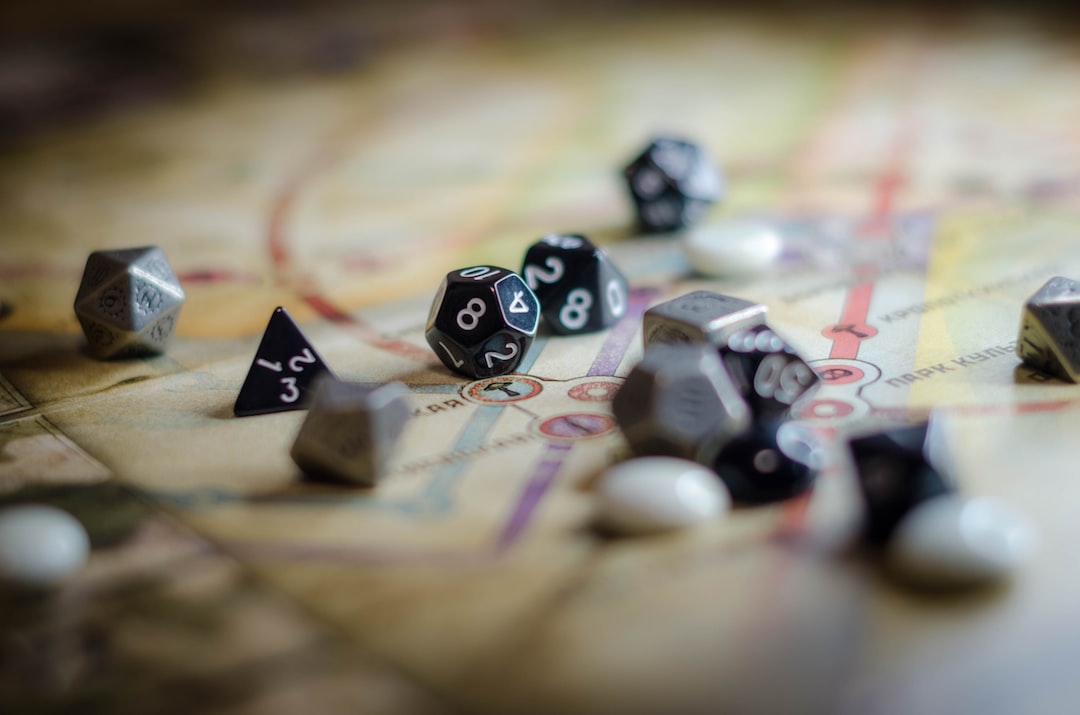Puzzle games have always captivated our minds and intrigued us with their challenging and thought-provoking nature. From the humble crossword to the intricate jigsaw, puzzle games have managed to unlock a hidden part of our brains, tapping into our desire to problem-solve and unravel mysteries. But what is it about these games that makes them so addicting and satisfying? Let us delve into the psychology behind puzzle games and unlock the mystery behind their allure.
At its core, puzzle games tap into a fundamental human need: the need to solve problems. From an evolutionary perspective, our ability to solve problems and overcome obstacles has been key to our survival as a species. Puzzle games provide a safe and controlled environment for this problem-solving instinct to be exercised. As we encounter challenges within the game, our brains are stimulated, and we become naturally driven to find a solution.
The sense of accomplishment that comes from solving a puzzle is incredibly satisfying. When we persevere and finally crack the code, our brains release dopamine, a neurotransmitter associated with pleasure, motivation, and reward. This release of dopamine reinforces the behavior, making us want to solve more puzzles and experience that same feeling of accomplishment again and again.
Furthermore, puzzle games offer a sense of control in a sometimes chaotic world. In our daily lives, unexpected events and challenges can throw us off balance. Puzzle games provide a structured and predictable environment where we can regain a sense of control. We can approach the puzzles at our own pace, carefully analyzing and deducing the next steps. This control helps reduce stress and anxiety and allows us to feel a sense of order in our otherwise unpredictable lives.
Puzzle games also tap into our innate curiosity and desire for discovery. Humans are naturally curious beings, always seeking answers and exploring new territories. Puzzle games provide a series of challenges that need to be deciphered, enticing our curiosity and promoting a sense of exploration. As we progress through the game, the desire to unlock the next level or discover what lies behind the next door keeps us engaged and motivated.
There is also a social component to puzzle games. People love to share their achievements and compare their problem-solving skills with others. Puzzle games often incorporate leaderboards and scoring systems, allowing players to compete and interact with others. This social aspect of puzzle games taps into our desire for social validation and recognition. When we see our name at the top of the leaderboard or receive praise for solving a difficult puzzle, it boosts our self-esteem and sense of accomplishment.
Puzzle games also serve as a form of escapism. In a world filled with stress and responsibilities, puzzle games offer a temporary retreat into a different reality. As we immerse ourselves in the puzzles, our minds become focused and absorbed, providing a much-needed break from the everyday hustle and bustle. This escape into a world of puzzles allows us to recharge and rejuvenate, ready to tackle life’s challenges once again.
In conclusion, the psychology behind puzzle games is multi-faceted and captivating. From fulfilling our innate need to solve problems to tapping into our curiosity and desire for discovery, puzzle games offer a unique and satisfying experience. They provide us with a sense of control, accomplishment, and escapism, while also allowing us to engage socially and seek validation. So go ahead, unlock the mystery of puzzle games, and let your mind embark on an adventure of problem-solving and enjoyment.

